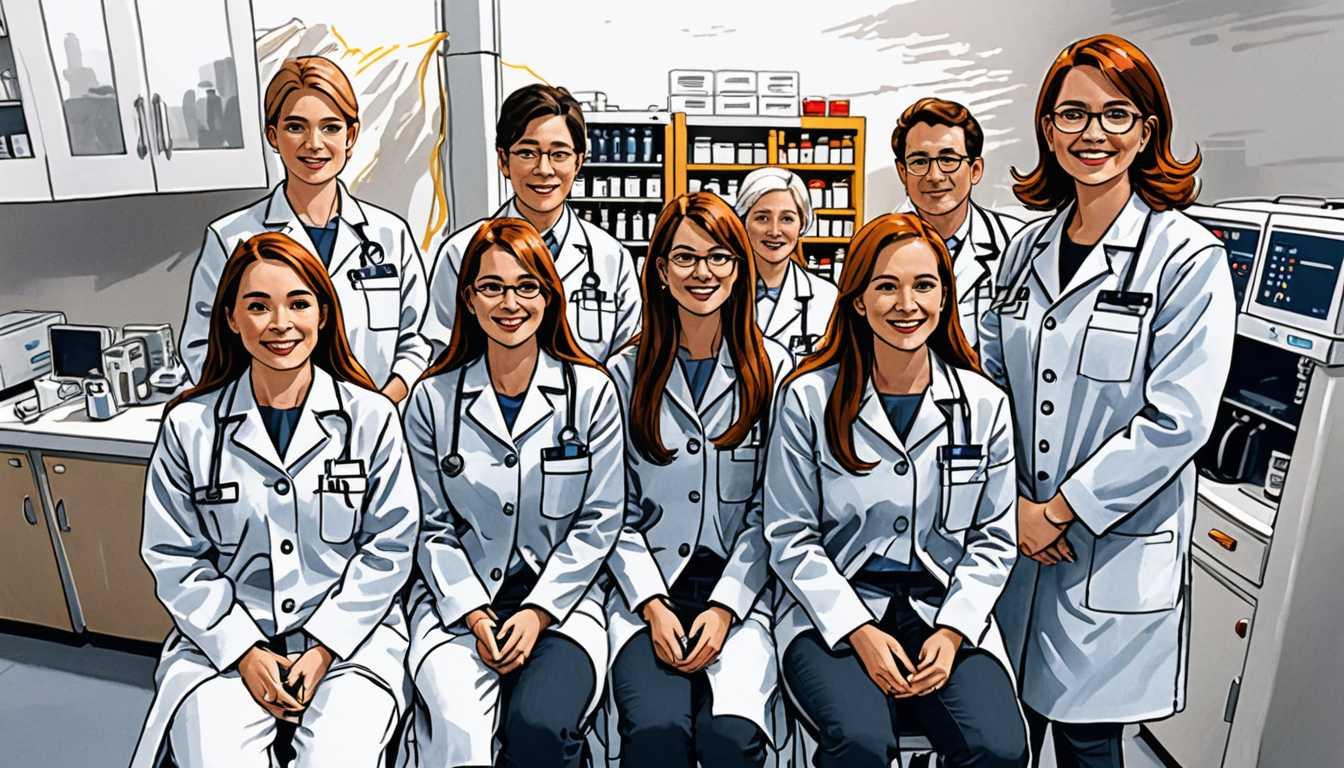Slip into a Self-Cleaning Future
August 2023
The University of Sydney
Introduction
Dive into a slick future with the University of Sydney's latest discovery: nano-thin 'liquid-like' coatings that could lead us to a self-cleaning world! Imagine surfaces that nothing can stick to, thanks to oil molecules behaving like a liquid, even when they're just a few billionths of a metre thick. Say goodbye to stubborn stains and hello to sustainable, non-stick surfaces without the nasty 'forever chemicals.' It's science at its slipperiest and coolest, bringing us closer to making cleaning a chore of the past.
READ FULL ARTICLEWhy It Matters
Discover how this topic shapes your world and future
Cleaning Up with Science
Imagine a world where your smartphone screen never smudges, your glasses repel water and dirt without needing a wipe, and buildings clean themselves, reducing the need for harmful chemical cleaners. This isn't a snippet from a sci-fi novel; it's a peek into a future made possible by nano-thin 'liquid-like' coatings. Researchers at the University of Sydney have discovered a method to create surfaces that repel almost anything that tries to stick to them, from water droplets to bacteria, without using harmful substances. This breakthrough not only promises to revolutionize how we keep things clean but also opens the door to more sustainable living practices worldwide. For you, this could mean less time cleaning and more time doing what you love, all while knowing you're contributing to a healthier planet.
Speak like a Scholar
Nano-thin coatings
Ultra-thin layers, thousands of times thinner than a human hair, designed to protect or enhance surfaces.
Slippery covalently-attached liquid surfaces (SCALS)
A type of nano-thin coating that remains 'liquid-like' even when attached to solid surfaces, offering non-stick properties.
Polyethylene glycol
A biodegradable chemical used in various applications, including as a base for these eco-friendly coatings.
Perfluorinated polymers (PFAS)
Chemicals previously used for non-stick coatings, notorious for not breaking down in the environment, hence called 'forever chemicals.'
Single-molecule force spectroscopy
A technique to measure how long and strong molecules are by stretching or compressing them.
Neutron reflectometry
A method used to observe the structure of a surface layer at the molecular level, including the length and density of molecules.
Independent Research Ideas
Exploring biodegradable alternatives to PFAS in everyday products
Investigate the potential of SCALS and other materials as replacements for PFAS in common items, focusing on environmental and health impacts.
The role of nanotechnology in water purification systems
Examine how nano-thin coatings could improve the efficiency and sustainability of water filtration systems.
Developing self-cleaning fabrics with nano-coatings
Research the feasibility and methods of applying SCALS to textiles, aiming for self-cleaning clothing and linens.
Nano-coatings in preventing bacterial growth on medical devices
Study the effectiveness of SCALS in combating bacteria on medical instruments, potentially reducing infection rates in healthcare settings.
The impact of nano-coatings on thermal efficiency in buildings
Explore how these coatings could enhance heat retention or deflection on building surfaces, contributing to energy conservation efforts.
Related Articles

Revolutionary CO2 Capture for a Greener Future
November 2024
UC Berkeley NewsCenter

Polymer Pioneers: MIT's Eco-Revolution
June 2023
Massachusetts Institute of Technology (MIT)

Fungi Feast on Stubborn Plastic
April 2023
Phys Org

Bottles to Batteries: Eco-Innovation Unleashed
February 2023
A*STAR Singapore

Sustainability Quest: Merging Science & Systems
November 2023
Massachusetts Institute of Technology (MIT)